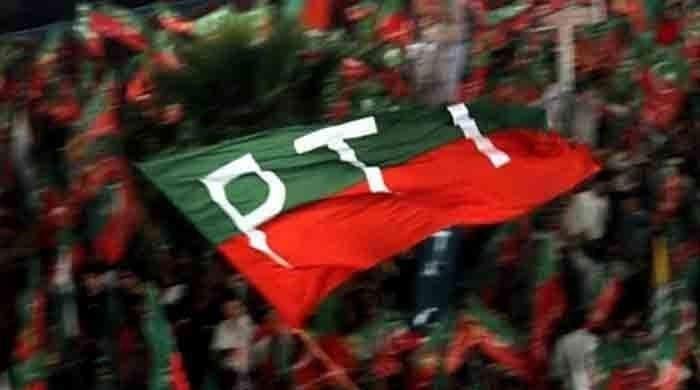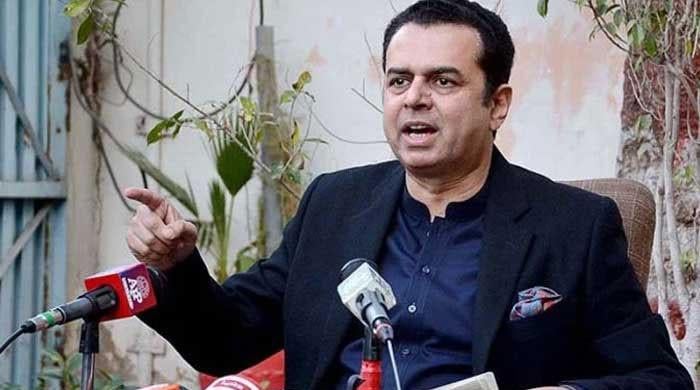Musharraf in house arrest 'isolation'
ISLAMABAD: Pakistan's former military ruler Pervez Musharraf is being held in "isolation" in his luxury farmhouse, confined to two rooms and stripped of his personal staff, his party spokesman said...
April 21, 2013
A court remanded Musharraf, who ruled Pakistan from 1999 to 2008, in custody on Saturday after his arrest over his decision to sack judges when he imposed emergency rule in November 2007.
The authorities declared the retired general's plush farmhouse on the edge of Islamabad as a "sub-jail", saving him the indignity and risk -- his life has been threatened by Taliban militants -- of going to prison.
But Mohammad Amjad, spokesman for Musharraf's All Pakistan Muslim League Pparty (APML), complained on Sunday that his lawyers and staff were being denied access to him.
"General Musharraf is being kept in isolation," Amjad told reporters outside the former army chief's heavily guarded residence in Islamabad. "I was not allowed to have a meeting with him. His family members are not allowed to see him. He has been allocated two rooms in the farmhouse and his movements are confined in those rooms. His personal staff have been removed."
Musharraf's arrest on Friday was an unprecedented move against a former army chief in Pakistan, which has seen three periods of military rule and where the armed forces still wield enormous power.
The 69-year-old returned from four years of self-imposed exile last month promising to "save" the nuclear-armed country from economic ruin and militancy, but his homecoming has turned to bitter disappointment.
On Tuesday he was disqualified from running in the May 11 general election, which should mark the first democratic transition of power after a civilian government completes a full-term in office. He also faces a litany of serious criminal allegations: lawyers have petitioned Pakistan's top court to try him for treason for imposing emergency law and he also faces charges of conspiracy to murder opposition leader Benazir Bhutto in 2007 and over the death of a rebel leader during a 2006 military operation.
The next hearing in the Supreme Court treason petition comes on Monday and Amjad complained Musharraf's lawyers had not been allowed to see him to discuss the cases against him.









